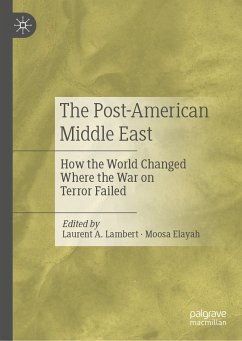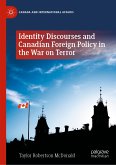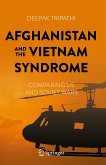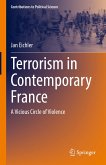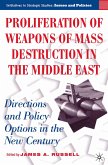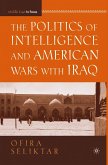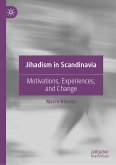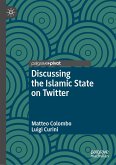"A unique book analyzing with depth and breadth why and how the so-called 'War on Terror' has had for more than two decades a dramatic impact on the broad Middle East region, contributing to the effective rise of China and Russia in this part of the world. (...)" - Prof. Cristina D'Alessandro, Centre on Governance at the University of Ottawa, Canada.
"An important contribution to research on U.S. policy in the Middle East. (...)" -Dr. Farkhad AliMukhamedov, Sciences Po, France.
"A new indispensable addition for every library featuring Middle Eastern studies. (...)" -Dr. Ignacio Rullansky, National University of San Martin, Argentina.
After two decades of War on Terror, it is particularly important, for both academic and policy purposes, to clearly understand why the US formidable mobilization of means and might has transformed into a such a blatant geostrategic defeat of the US and its allies in the broad Middle East. This is all the more paradoxical that the WOT achieved a series of tactical victories - such as the toppling of hostile regimes in Afghanistan, Iraq and Libya; the crippling of the national economies of enemy states by sanctions; the successful targeted killing of lead terrorist Usama Bin Laden, ISIS cult leaders Abu Bakr Al-Baghdadi and his successor, etc. So, why have these tactical victories not led to what was supposed to become, according to the US government, a 'Greater Middle East'? With most authors being from or living in the Middle East, this book is unique as it brings perspectives and answers from the region. This is crucially important as we are entering, we argue, the era of a Post-American Middle East.
Chapters 1 and 10 are available open access under a Creative Commons Attribution 4.0 International License via link.springer.com
Prof. Laurent A. Lambert teaches energy policy and geopolitics, as well as climate change diplomacy and hydropoliticsat the Doha Institute for Graduate Studies and previously taught at Sciences Po Paris and Qatar University.
"An important contribution to research on U.S. policy in the Middle East. (...)" -Dr. Farkhad AliMukhamedov, Sciences Po, France.
"A new indispensable addition for every library featuring Middle Eastern studies. (...)" -Dr. Ignacio Rullansky, National University of San Martin, Argentina.
After two decades of War on Terror, it is particularly important, for both academic and policy purposes, to clearly understand why the US formidable mobilization of means and might has transformed into a such a blatant geostrategic defeat of the US and its allies in the broad Middle East. This is all the more paradoxical that the WOT achieved a series of tactical victories - such as the toppling of hostile regimes in Afghanistan, Iraq and Libya; the crippling of the national economies of enemy states by sanctions; the successful targeted killing of lead terrorist Usama Bin Laden, ISIS cult leaders Abu Bakr Al-Baghdadi and his successor, etc. So, why have these tactical victories not led to what was supposed to become, according to the US government, a 'Greater Middle East'? With most authors being from or living in the Middle East, this book is unique as it brings perspectives and answers from the region. This is crucially important as we are entering, we argue, the era of a Post-American Middle East.
Chapters 1 and 10 are available open access under a Creative Commons Attribution 4.0 International License via link.springer.com
Prof. Laurent A. Lambert teaches energy policy and geopolitics, as well as climate change diplomacy and hydropoliticsat the Doha Institute for Graduate Studies and previously taught at Sciences Po Paris and Qatar University.
Prof. Moosa Elayah specializes in Conflict Studies, Peacebuilding, and International Development. He has pioneered teaching and research in governance, community-based initiatives, alternative and cooperative services delivery during conflicts in Yemen and beyond.
Dieser Download kann aus rechtlichen Gründen nur mit Rechnungsadresse in A, B, BG, CY, CZ, D, DK, EW, E, FIN, F, GR, HR, H, IRL, I, LT, L, LR, M, NL, PL, P, R, S, SLO, SK ausgeliefert werden.

